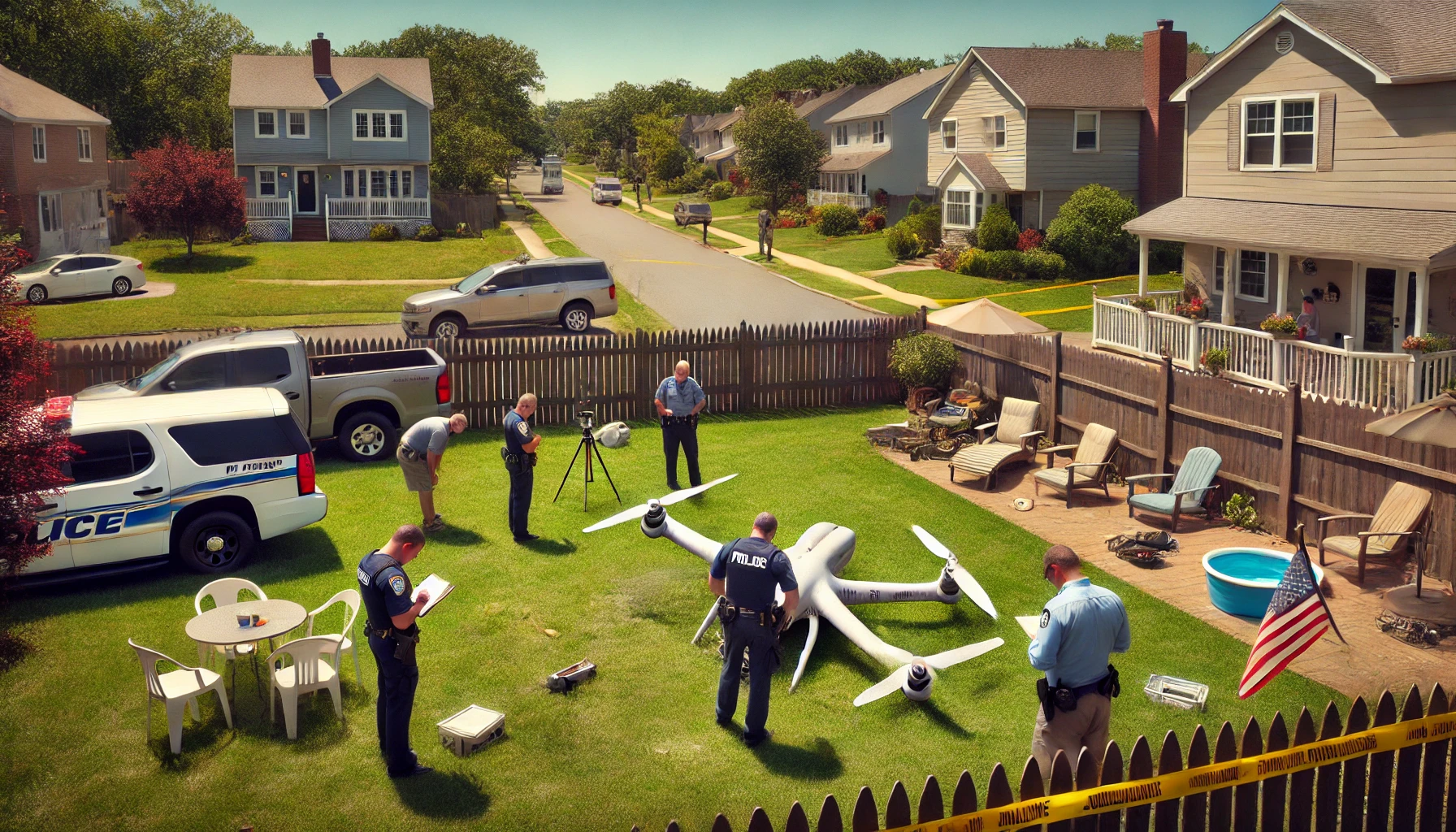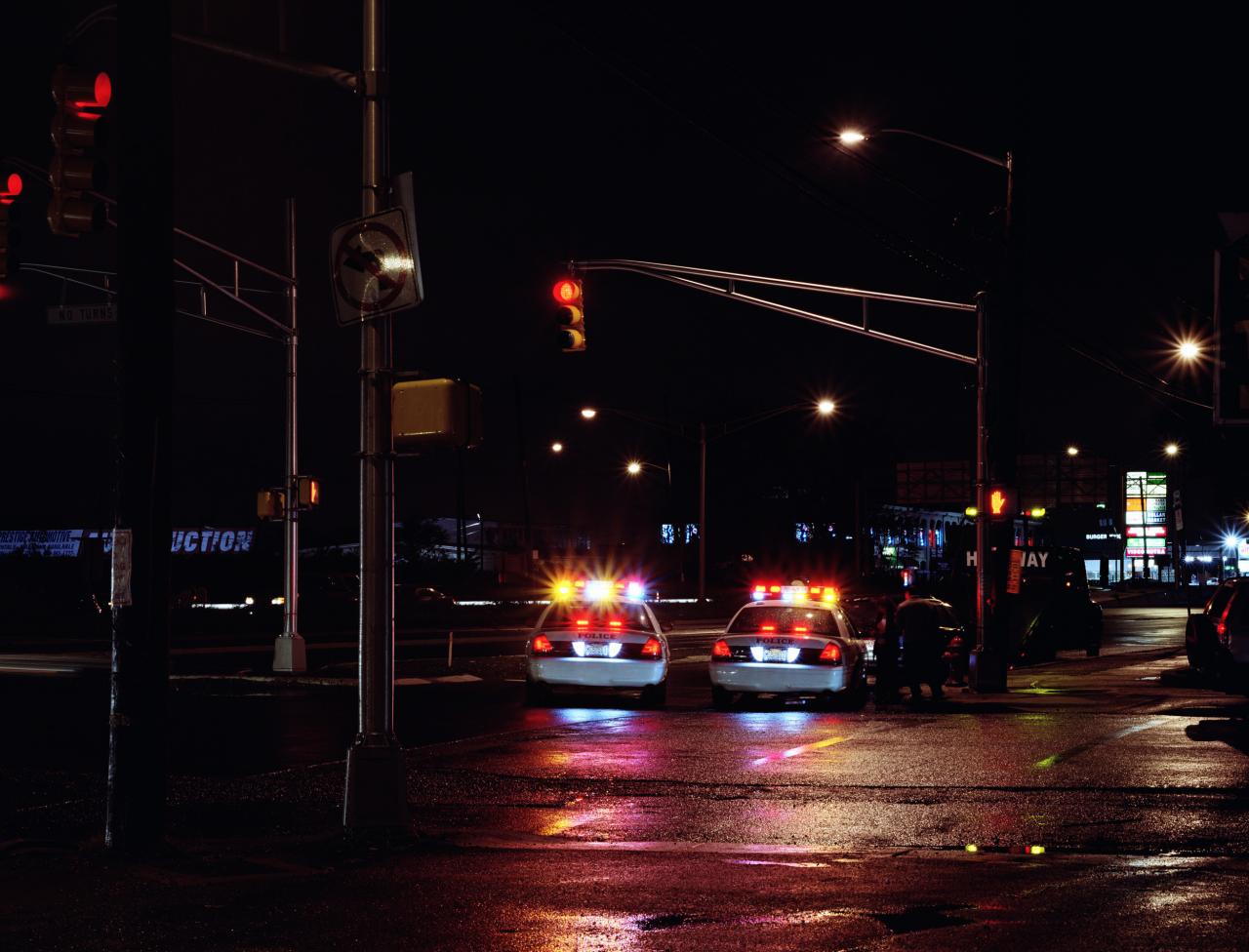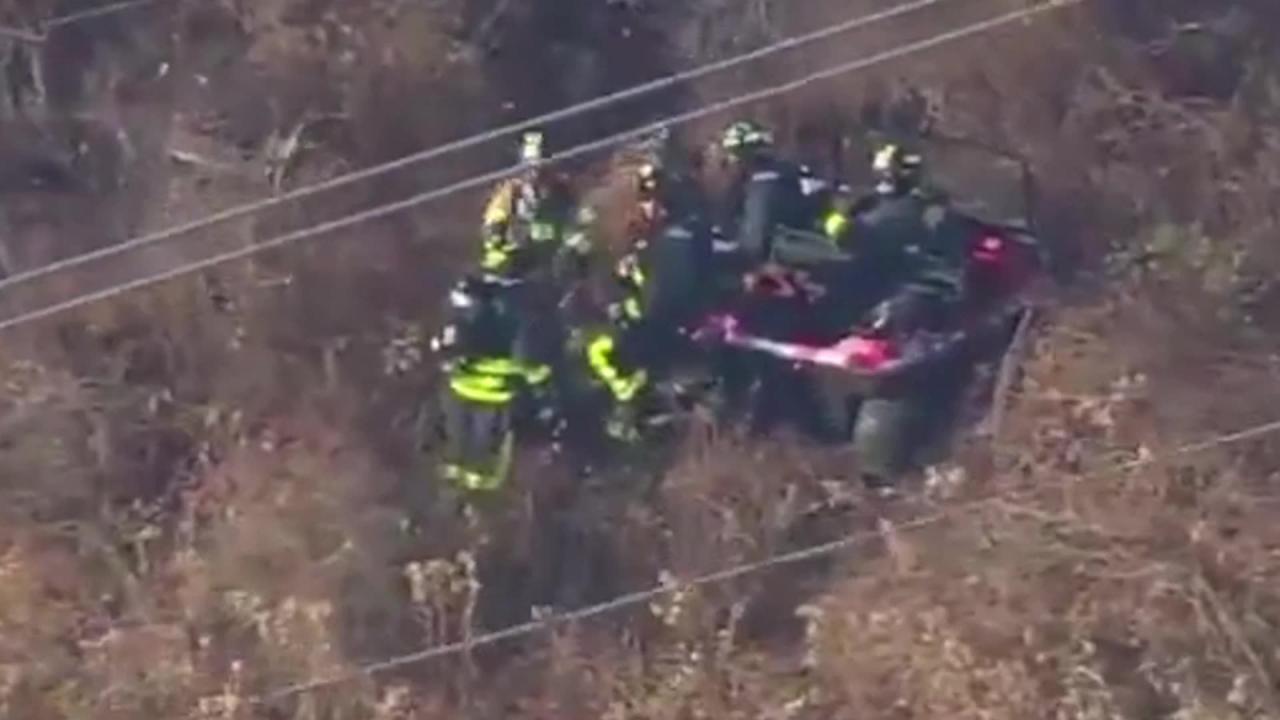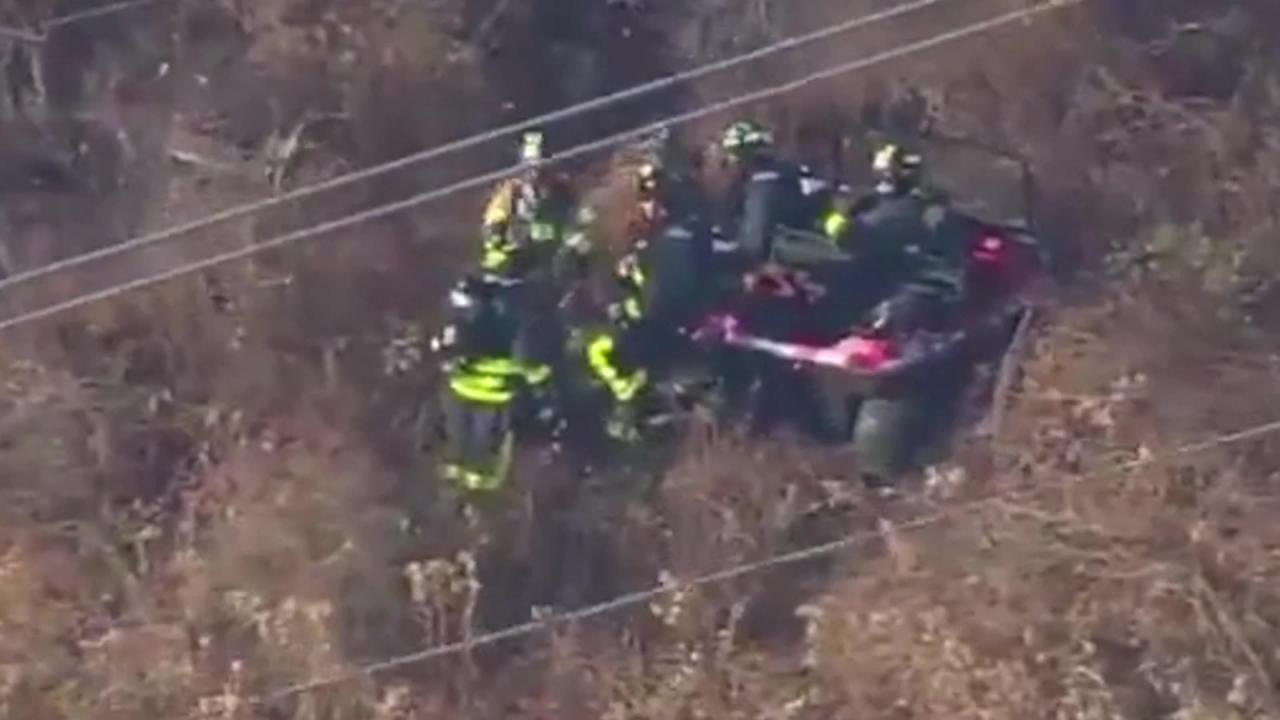Drone crashes in New Jersey present a compelling case study in the evolving landscape of unmanned aerial vehicle (UAV) operation. This exploration delves into the frequency, causes, consequences, and preventative measures surrounding these incidents, providing a comprehensive overview of the challenges and potential solutions within the state’s airspace.
The analysis will examine recent incidents, detailing the types of drones involved, locations of crashes, and contributing factors. We will investigate the role of pilot error, mechanical malfunctions, weather conditions, and regulatory aspects in these occurrences. Furthermore, we’ll assess the impact of these crashes—from property damage and potential injuries to disruptions of public services—and explore potential future preventative strategies, including advancements in technology and improved pilot training.
Recent Drone Crashes and Their Impact in New Jersey

The increasing popularity of drones in New Jersey has unfortunately been accompanied by a rise in reported incidents involving drone crashes. These crashes present a range of challenges, from property damage and potential injuries to concerns about airspace safety and regulatory compliance. This article examines recent drone crash incidents in New Jersey, exploring their causes, impacts, and potential preventative measures.
Recent Drone Crash Incidents in New Jersey
Tracking precise data on drone crashes across a specific timeframe can be challenging due to variations in reporting mechanisms. However, based on available news reports and FAA data (where accessible), the following table presents a summary of significant drone crashes in New Jersey over the past five years. Note that this data may not be entirely comprehensive.
Recent drone crashes in New Jersey have sparked concerns about safety regulations. Photographers covering these incidents often rely on high-quality cameras for detailed imagery, and the fujifilm x100v is a popular choice among professionals for its compact size and excellent image quality. This allows for capturing crucial evidence in a quick and efficient manner, aiding investigations into the causes of these New Jersey drone accidents.
| Date | Location | Drone Type | Brief Description |
|---|---|---|---|
| October 26, 2022 | Trenton, NJ | DJI Mavic 3 | Lost control during flight, crashed into a residential area. No injuries reported. |
| May 15, 2023 | Newark, NJ | Autel EVO II | Mechanical failure mid-flight resulted in a crash near Newark Liberty International Airport. Brief airspace disruption occurred. |
| August 8, 2021 | Atlantic City, NJ | Unknown | Drone collided with a building during a filming operation. Minor property damage. |
| December 12, 2020 | Princeton, NJ | DJI Phantom 4 Pro | Pilot error due to strong winds; crashed into a wooded area. |
Causes of Drone Crashes in New Jersey

Drone crashes in New Jersey, like elsewhere, stem from a variety of factors. Analyzing these causes is crucial for implementing effective safety measures.
The main contributing factors typically include pilot error (such as loss of control, improper pre-flight checks, and disregard for airspace regulations), mechanical failures (malfunctioning components, battery issues, or motor failures), adverse weather conditions (strong winds, rain, or snow), and other miscellaneous causes (such as wildlife interference or GPS signal disruptions). While precise data on the frequency of each cause is limited, pilot error and mechanical failures are often cited as leading contributors.
A visual representation of the potential proportions of crash causes could be a simple pie chart. Imagine a circle divided into four sections. The largest section, representing approximately 40%, would be labeled “Pilot Error.” The next largest, about 30%, would be “Mechanical Failure.” The remaining sections, each about 15%, would be “Weather Conditions” and “Other Factors.” This is a hypothetical distribution, based on general observations and common causes in drone accidents, not specific data from New Jersey.
Impact of Drone Crashes in New Jersey
The consequences of drone crashes can range from minor to severe, impacting both individuals and the broader community.
Drone crashes can cause property damage, ranging from minor scratches to significant structural damage depending on the size and weight of the drone, and the object it collides with. Injuries, though less frequent, are a potential consequence, especially if the drone falls on a person or causes secondary damage. Disruptions to public services, such as temporary airport closures or power outages, are also possible.
For instance, a drone crash near an airport could temporarily halt air traffic, leading to delays and potential economic losses.
- Economic impacts: Repair costs, insurance claims, potential loss of business due to service disruptions.
- Social impacts: Public safety concerns, potential for injuries, and erosion of public trust in drone technology.
- Environmental impacts: Potential for damage to wildlife habitats or ecosystems, depending on the crash location.
Regulatory Landscape and Safety Measures
Drone operation in New Jersey, like in the rest of the United States, is primarily governed by the Federal Aviation Administration (FAA). The FAA sets regulations concerning drone registration, pilot certification (for commercial use), and airspace restrictions.
The FAA requires drone registration for most drones weighing over 0.55 pounds. Commercial drone operators are subject to stricter regulations and require Part 107 certification. New Jersey state and local authorities may also have specific ordinances regarding drone use in certain areas, such as near airports or sensitive infrastructure. Drone pilots must be aware of these regulations and adhere to them strictly.
To prevent crashes, pilots should consistently implement robust safety measures. These include thorough pre-flight checks (inspecting the drone’s components and battery), checking weather conditions and avoiding flight in adverse weather, maintaining awareness of airspace restrictions and avoiding restricted areas, and practicing responsible flying techniques.
Future Implications and Preventative Strategies

Technological advancements, such as improved GPS systems, obstacle avoidance sensors, and fail-safe mechanisms, are continually enhancing drone safety. Advanced autonomous flight capabilities could further reduce the likelihood of pilot error.
Enhanced drone pilot training and certification programs are crucial. These programs should emphasize risk assessment, emergency procedures, and a deep understanding of relevant regulations. Improving accessibility and affordability of such training would help ensure all drone operators are adequately prepared.
- Implementing stricter enforcement of existing regulations.
- Promoting public awareness campaigns to educate the public about drone safety.
- Investing in research and development of advanced safety technologies for drones.
- Establishing clear guidelines and communication protocols for drone operations near critical infrastructure.
Ultimately, understanding the patterns and causes of drone crashes in New Jersey is crucial for improving safety protocols and mitigating future risks. By analyzing past incidents and implementing proactive measures, we can strive toward a safer airspace for both drone operators and the public. The continued development of technology, coupled with enhanced training and regulatory frameworks, holds the key to preventing future accidents and ensuring responsible drone operation in the state.
Key Questions Answered: Drone Crashes In New Jersey
What is the FAA’s role in regulating drones in New Jersey?
Recent drone crashes in New Jersey highlight the importance of safe drone operation. Understanding payload capacity is crucial, and resources like the information on remington drone loads can help prevent overloading, a factor often contributing to such incidents. Proper weight management, as demonstrated by the Remington data, is key to avoiding future drone crashes in New Jersey and ensuring responsible operation.
The FAA sets national standards for drone operation, including registration requirements, airspace restrictions, and pilot certifications. New Jersey follows these federal regulations.
Are there specific airspace restrictions in New Jersey for drones?
Yes, certain areas, such as airports, military bases, and crowded urban centers, have restricted airspace for drone flights. Pilots must check airspace maps before flying.
What kind of insurance is recommended for drone operators in New Jersey?
Liability insurance is strongly recommended to cover potential damages or injuries resulting from drone accidents. The specific coverage needed may vary depending on the drone’s size and intended use.
What penalties could a drone operator face for violating regulations in New Jersey?
Penalties can range from warnings and fines to license suspension or even criminal charges, depending on the severity of the violation.
